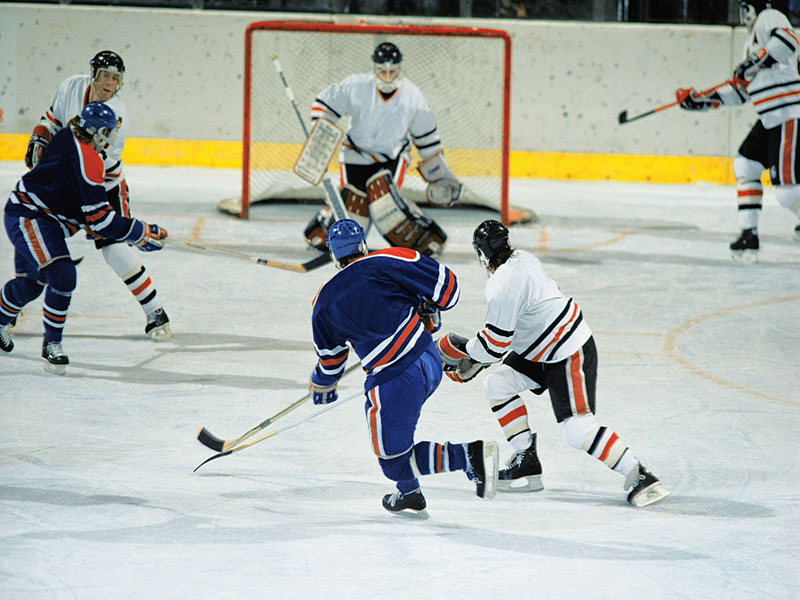
The pounding that professional hockey players take on the ice doesn’t seem to damage their thinking skills in retirement, a small study suggests.
But they do appear to struggle with high levels of behavioral and emotional problems, the researchers added.
For the study, Carrie Esopenko of the Rotman Research Institute in Toronto, and colleagues looked at 33 retired pro players and a “control group” of 18 men of the same age who had not played professional contact sports.
Compared to the men in the control group, the ex-players had similar scores on memory and attention tests, and slightly lower scores on measures of executive and intellectual functioning, the study findings showed.
The scores on these tests were associated with the number of concussions the players had sustained. But the study did not prove a cause-and-effect relationship.
Overall, there was no evidence of “accelerated aging” in terms of mental function among the retired players, the study authors said.
However, the ex-players reported far more emotional and behavioral difficulties than the men in the control group.
The findings were published online April 10 in the Journal of Neurology, Neurosurgery & Psychiatry.
In the United States, there has been growing concern over the long-term brain damage seen in professional athletes, particularly football players, who suffer repeated concussions during their careers. Some have been diagnosed with chronic traumatic encephalopathy, a degenerative brain condition.
More information
The American Academy of Family Physicians has more on concussion.
Source: HealthDay

Leave a Reply